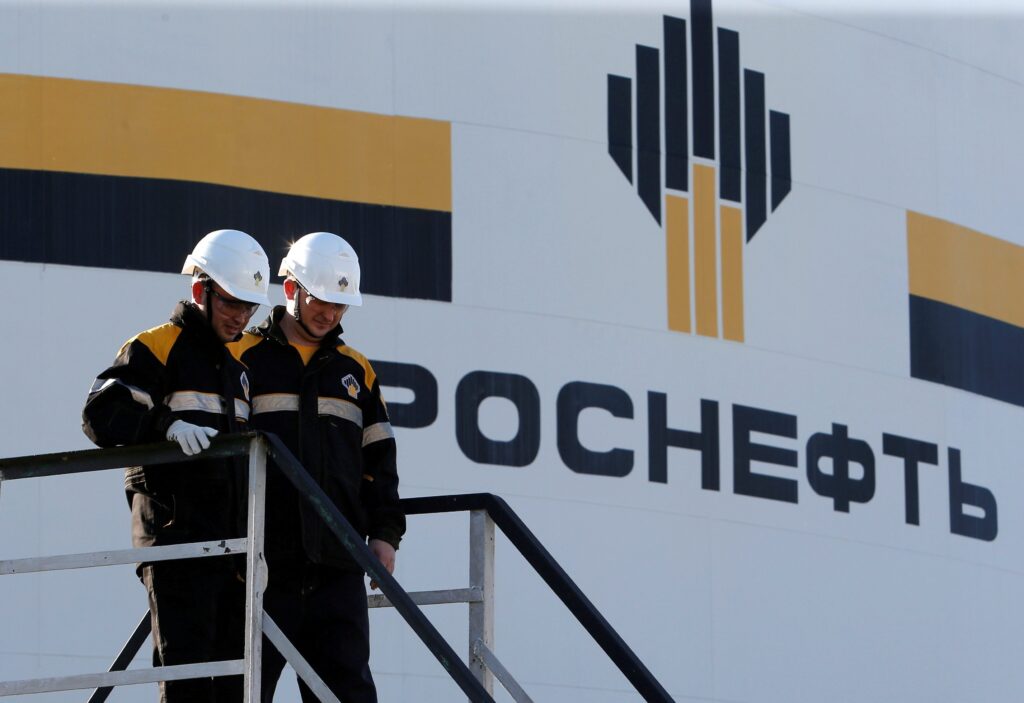Rosneft, Russia’s principal oil company, has declared that its board has green-lit the continuation and expansion of its share repurchase initiative, now set to run until December 31, 2026.
This move is aimed at executing a buyback program which will not surpass 102.6 billion roubles (approximately $1.13 billion).
This figure aligns with the unused portion from the buyback’s earlier phases, which originally kicked off six years ago.
The buyback scheme was first introduced by Rosneft in 2018-2020, with an ambition to repurchase up to $2 billion worth of shares from the open market.
This plan saw an extension to the end of 2023, marking a strategic effort to enhance shareholder value.
Under the leadership of Igor Sechin, a figure closely aligned with Russian President Vladimir Putin, Rosneft has showcased robust strategic moves in the oil sector.
The decision to extend the buyback program underscores the confidence the board holds in the company’s foundational strength and future growth trajectory.
By 1330 GMT on the announcement day, Rosneft’s shares experienced a slight increase of 0.8%, indicating positive market reception to the news.
The company, in a regulatory submission, elaborated on the intentions behind the program’s extension: “Extension of the programme for repurchasing its own securities demonstrates the board’s confidence in company’s fundamentals and development prospects.
As for the acquired securities, the board will decide on them upon the programme’s completion.”
This statement reflects a strategic approach to bolster investor confidence and underpin the firm’s valuation by potentially reducing the number of shares in circulation, thereby potentially enhancing the value of remaining shares.
This strategic move by Rosneft not only aims at optimizing shareholder returns but also reflects a broader confidence in the company’s operational and financial health.
By reiterating its commitment to the share buyback program, Rosneft signals its stability and optimistic outlook towards future growth and profitability, amidst the fluctuating dynamics of the global oil market.
